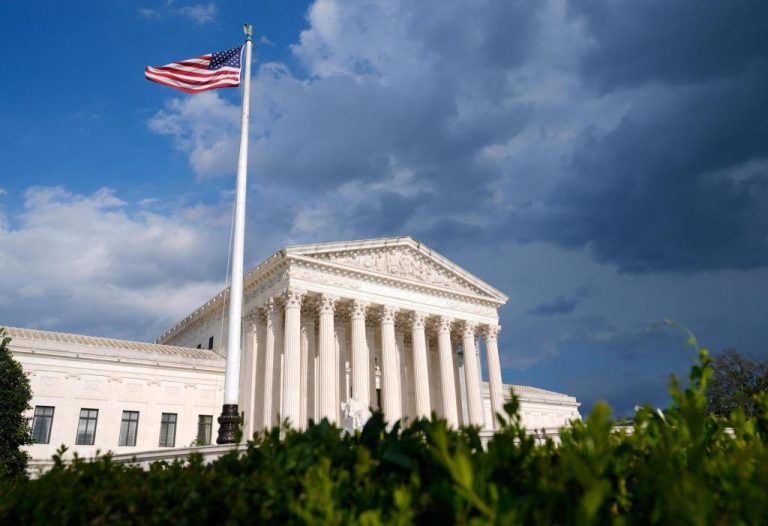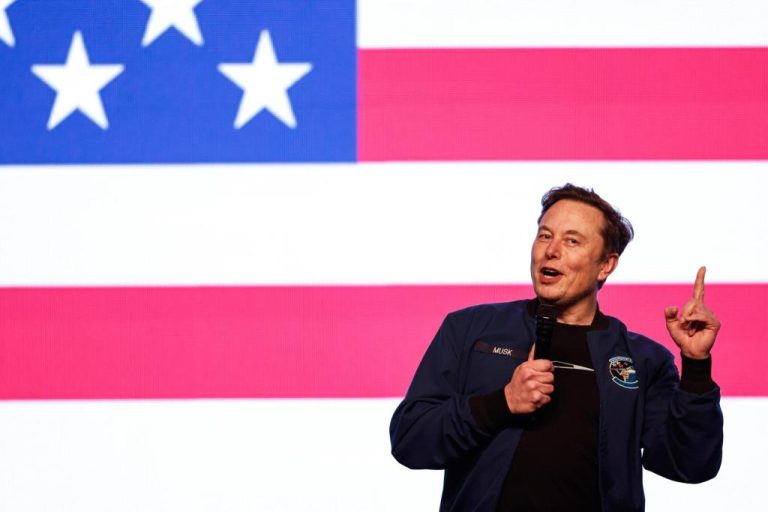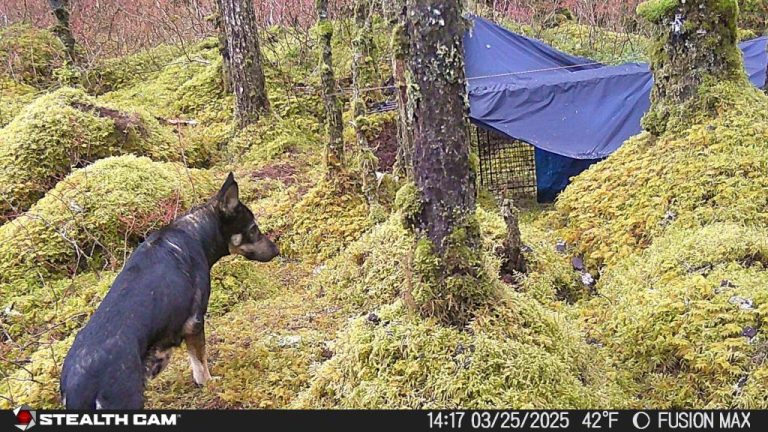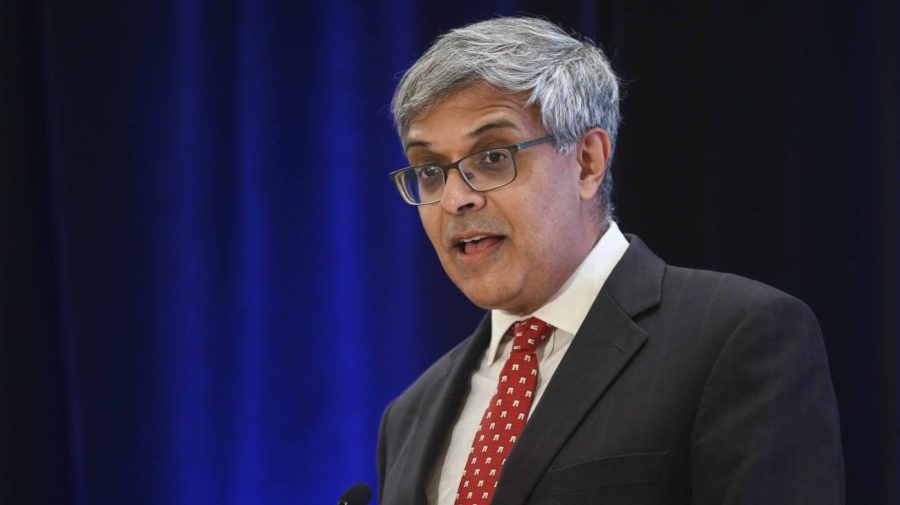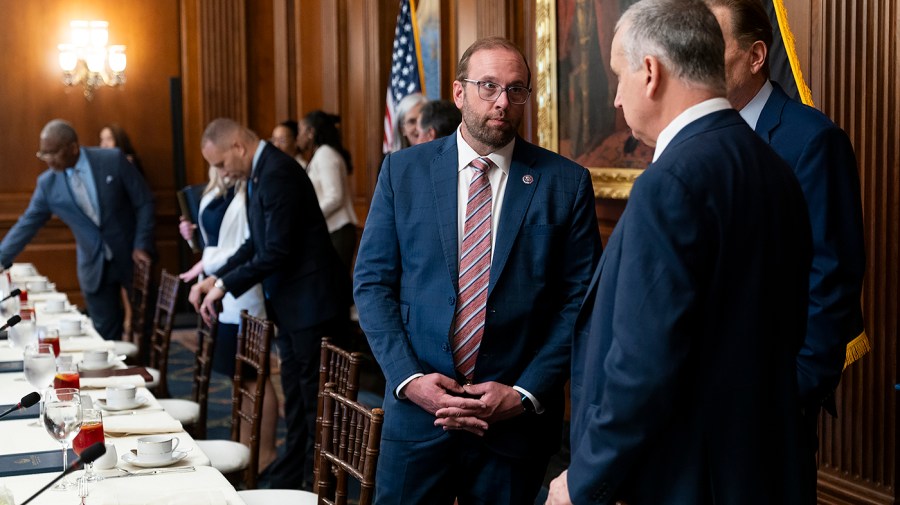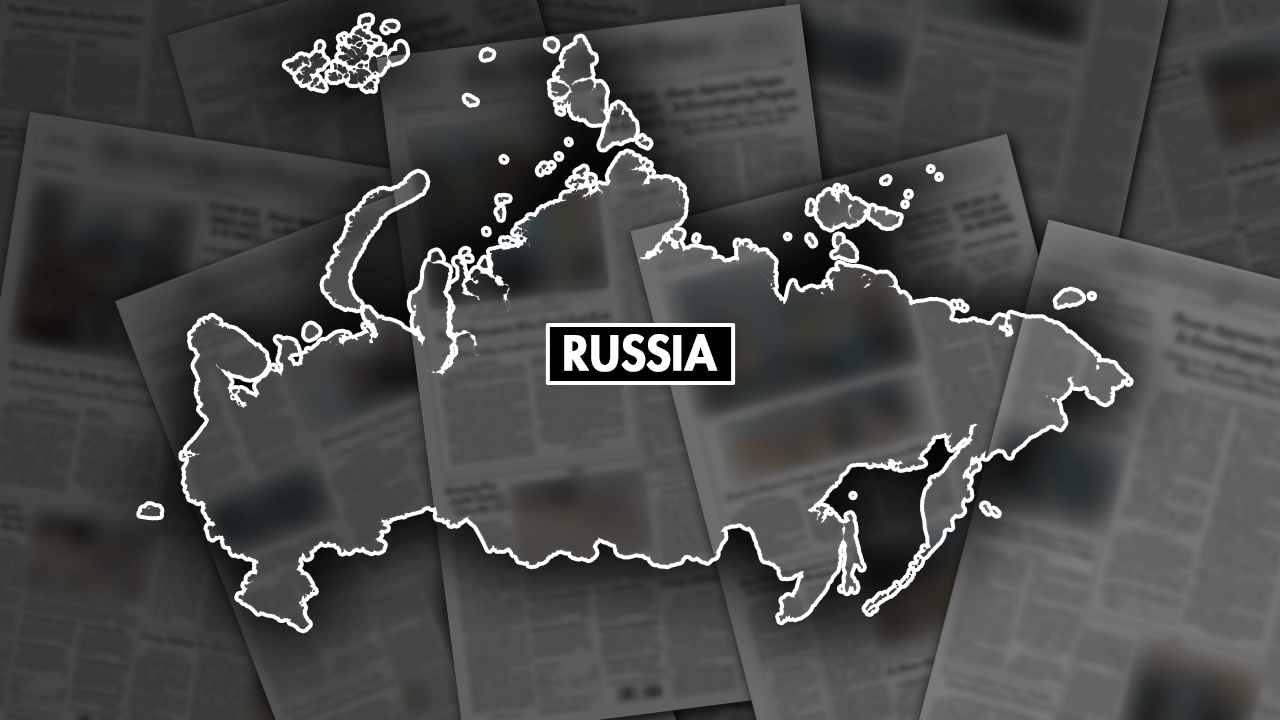
European Union countries will start debating next week a proposal for a 12th package of sanctions on Russia that will focus on a ban of Russian diamonds, EU diplomats and an EU official told Reuters.
Since the Russian invasion of Ukraine in February 2022, EU countries have already applied 11 packages of sanctions against Moscow to diminish the Kremlin’s ability to finance the war. The measures span across sectors and include some 1,800 individuals and entities.
But so far, the EU has not sanctioned Russian state-owned diamond miner Alrosa, even though major western jewelers are already boycotting stones coming from Russia.
NATO TESTING UNDERWATER DRONES OFF THE COAST OF EUROPE TO DETER RUSSIA
The EU’s chief diplomat Josep Borrell told the Financial Times on Wednesday that the bloc received the go-ahead for diamonds from the G7 – the United States, Canada, Britain, Japan, France Germany and Italy – at a G7 foreign ministers meeting in Japan.
EU diplomats said the 27-nation bloc had been waiting for a G7 green light to move ahead with the diamond ban. An EU official said the current timing for a European Commission proposal for the package, that would then be debated by the EU’s 27 governments, was “early next week.”
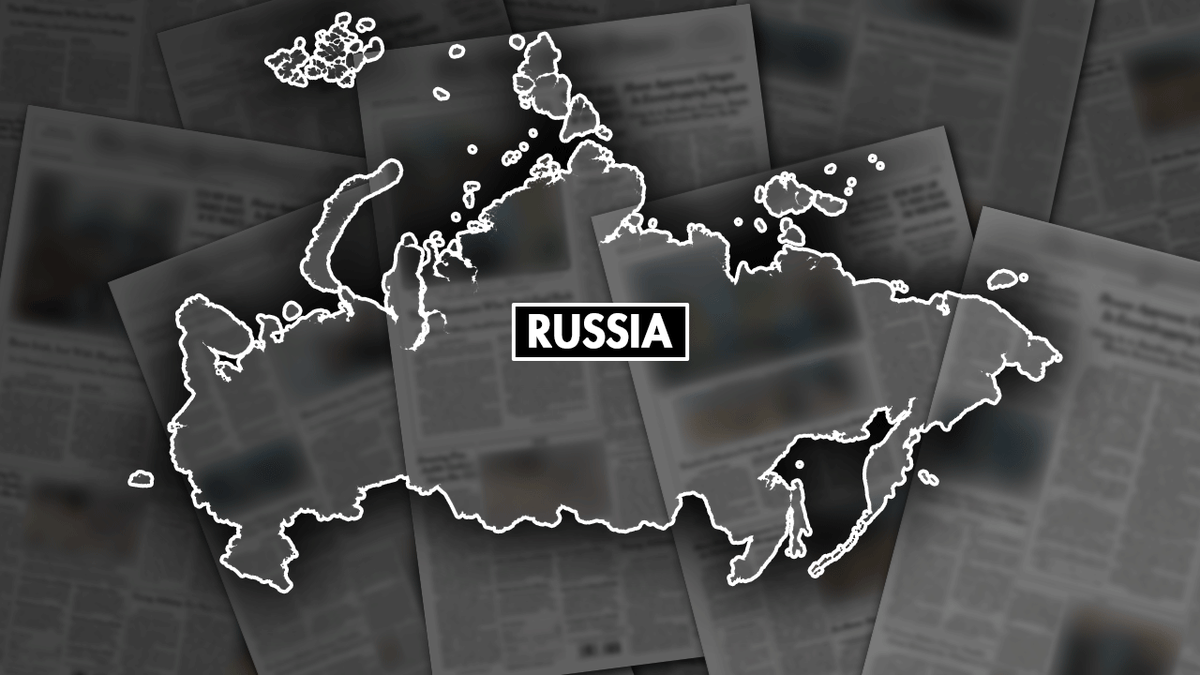
G7 countries have signaled their support for the ban.
“The plan is that the Commission adopts the package in the coming days. Then it’ll be for Council to adopt,” one EU official told Reuters, adding the discussions among governments would start next week.
The G7 has been debating various proposals since September on how to best track the Russian gems in order to block imports. An official G7 announcement, expected since last month, has been held up by a debate over whether to make a political announcement before the technical details were fully hashed out.
The proposal, drawn up by Belgium at the EU’s request, is expected to be mirrored closely in the Commission’s sanctions draft proposal, one of the diplomats said.
RUSSIA IS FUNDING ANTI-UKRAINE DISINFORMATION CAMPAIGN THROUGHOUT LATIN AMERICA, STATE DEPARTMENT SAYS
Poland pushed for bans on diamonds and liquefied petroleum gas in a September pitch, while Estonia has asked for liquefied natural gas (LNG) to be included too, though there is little appetite in the EU to make new waves in the volatile gas market.
Commission President Ursula von der Leyen has said the bloc would look at banning Russian diamonds, freezing assets and imposing travel restrictions on 100 new individuals, and at tightening the implementation of the G7’s $60 per barrel price cap on Russian oil.

